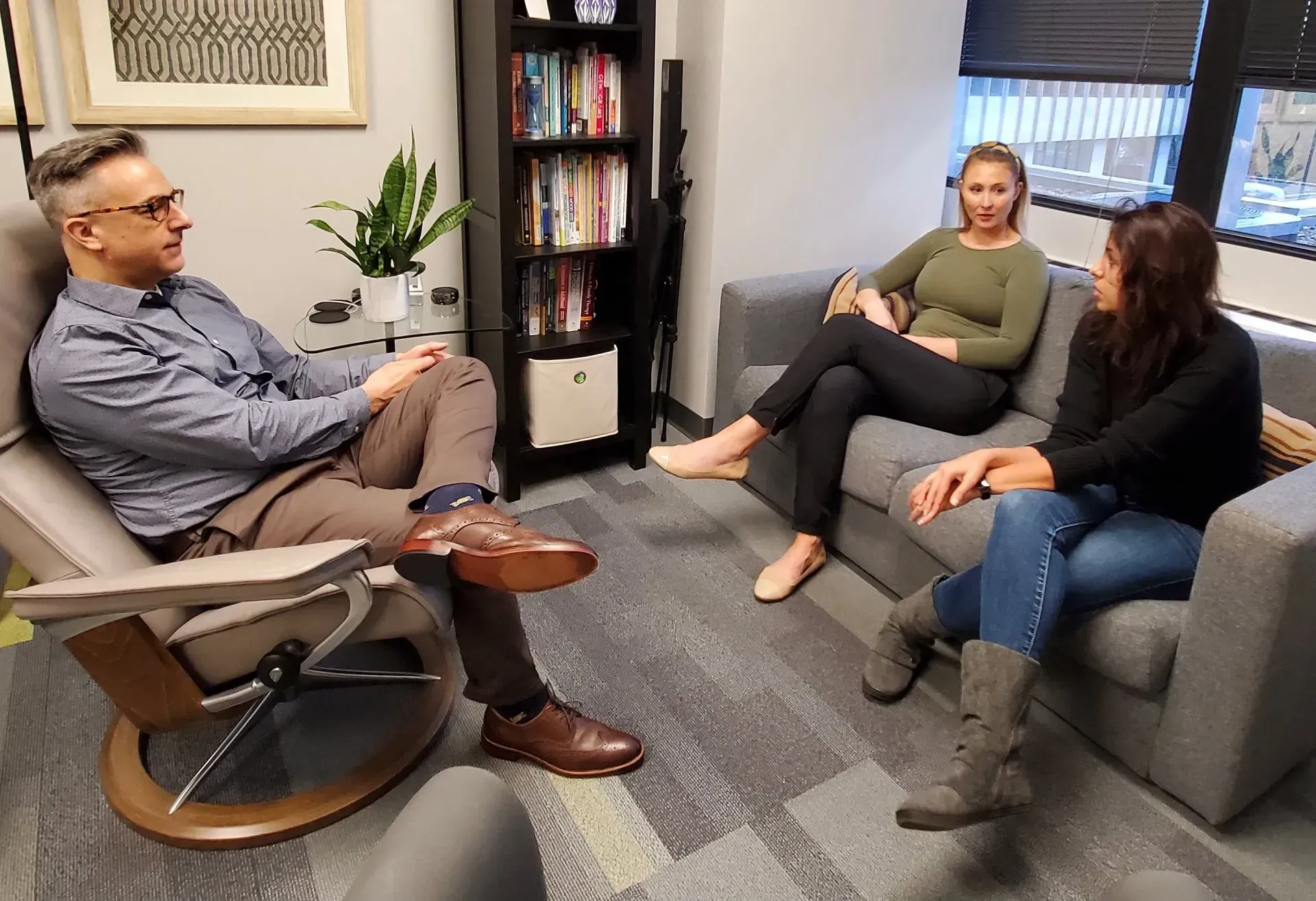How to tolerate annoying things

...the path to growing your resilience
In a recent issue of psyche magazine, psychologist Patricia E Zurita Ona writes about a common fact of life: daily annoyances that we cannot control. While all of us experience these annoyances, we don't all face them in the same way. Some of us are easily stressed by these challenges, while others appear to manage them fairly well. Most of us could be better in managing some areas of daily stress. Dr. Zurita Ona offers tools from Acceptance and Commitment Therapy (ACT) to radically accept, be in the moment, and own feelings as strategies to reduce stress.
Her ideas resonate with my experience as a therapist that fostering resilience is such an important part in helping clients feel better about themselves and feel more confident in facing life challenges.
I think learning practical skills (like those through ACT) is essential to this process. I also believe that understanding various parts of oneself is equally important. If we know which parts generate actions that worsen stress, we can learn to modify them and more fully make lasting change.
My use of schema therapy is a central part of my practice in helping foster resilience. By understanding which parts or schemas (deeply ingrained life patterns involving thoughts, feelings, behaviors) are generating stress we can modify them over time through imagery rescripting and other methods.
I also use clinical hypnosis and mentalization-based therapy (MBT) as important components in this change process. Clinical hypnosis provides a means to develop internal feelings of safety and confidence that enhances the therapeutic work. MBT improves one's ability to interpret mental states in ourselves and others - which, when misinterpreted, can contribute to stress, especially in interpersonal relationships.
When thinking about stress - whether from daily annoyances or larger life patterns - consider that you truly do have the capacity to change the way you experience, manage, and make meaning from it. Finding the right evidence-based therapy is a powerful part in this process of growing your resilience.












